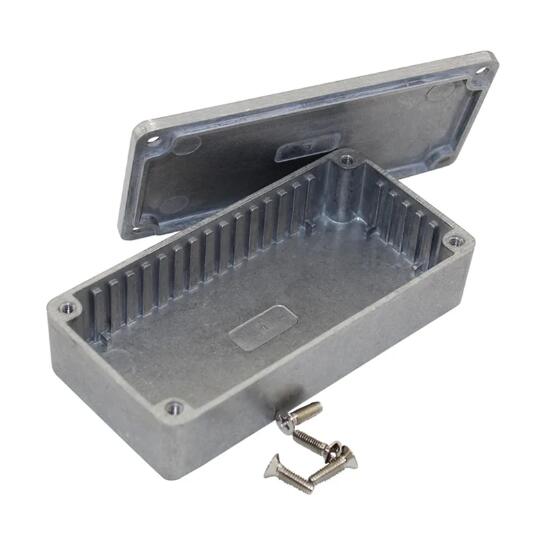Exploring Aluminum Alloys for CNC Machining of Electrical Accessories
2024-04-28
Aluminum alloys are the backbone of many electrical accessories, providing a combination of lightweight, conductivity, and machinability that is essential for modern electrical systems. CNC (Computer Numerical Control) machining allows for precise shaping of aluminum blocks into intricate components used in connectors, housings, and other electrical accessories. Let's delve into the most commonly used aluminum alloys for CNC machining electrical accessories and their unique properties.
1. Aluminum 6061
Properties: Aluminum 6061 is one of the most versatile and widely used alloys in CNC machining. It offers excellent machinability, good strength, and weldability, making it suitable for a wide range of electrical accessories.
Applications: Connectors, housings, brackets, and mounting plates.
Advantages: Aluminum 6061 is readily available, cost-effective, and exhibits good corrosion resistance. Its combination of strength and machinability makes it ideal for producing complex parts with tight tolerances.
2. Aluminum 7075
Properties: Aluminum 7075 is known for its high strength-to-weight ratio and excellent fatigue resistance. While it is more difficult to machine compared to 6061, it is still commonly used in CNC machining for applications requiring superior strength.
Applications: High-stress electrical accessories such as mounting brackets, structural components, and connectors.
Advantages: Aluminum 7075 offers exceptional strength properties, making it suitable for applications where durability and reliability are critical. Despite its higher machining difficulty, modern CNC technologies can efficiently handle the machining of 7075 aluminum.
3. Aluminum 2024
Properties: Aluminum 2024 is prized for its high strength and good machinability. It exhibits excellent fatigue resistance and is often used in aerospace and high-performance applications.
Applications: Electrical accessories requiring high strength and durability, such as aerospace connectors and structural components.
Advantages: Aluminum 2024 provides excellent strength-to-weight ratio, making it suitable for applications where weight savings are essential. Its machinability allows for the production of intricate parts with precise dimensions.
4. Aluminum 6063
Properties: Aluminum 6063 is known for its excellent extrudability and formability, making it ideal for CNC machining of electrical accessories with complex shapes.
Applications: Heat sinks, enclosures, and frames for electrical components.
Advantages: Aluminum 6063 offers good corrosion resistance and thermal conductivity, making it suitable for applications requiring heat dissipation. Its ease of machining allows for the production of customized designs and profiles.
5. Aluminum 5052
Properties: Aluminum 5052 is a non-heat treatable alloy known for its high fatigue strength and excellent corrosion resistance. It is easy to form and weld, making it suitable for CNC machining.
Applications: Enclosures, housings, and panels for electrical enclosures and cabinets.
Advantages: Aluminum 5052 offers good formability and weldability, making it suitable for applications requiring complex shapes and seamless assembly. Its corrosion resistance makes it ideal for outdoor or harsh environments.
Conclusion
Choosing the right aluminum alloy is crucial for CNC machining electrical accessories that meet the required specifications for strength, conductivity, and durability. Each alloy offers unique properties and advantages, allowing manufacturers to tailor their material selection to the specific needs of the application. With CNC machining capabilities, even the most intricate designs can be realized with precision, ensuring the reliability and performance of electrical accessories in various industries.



